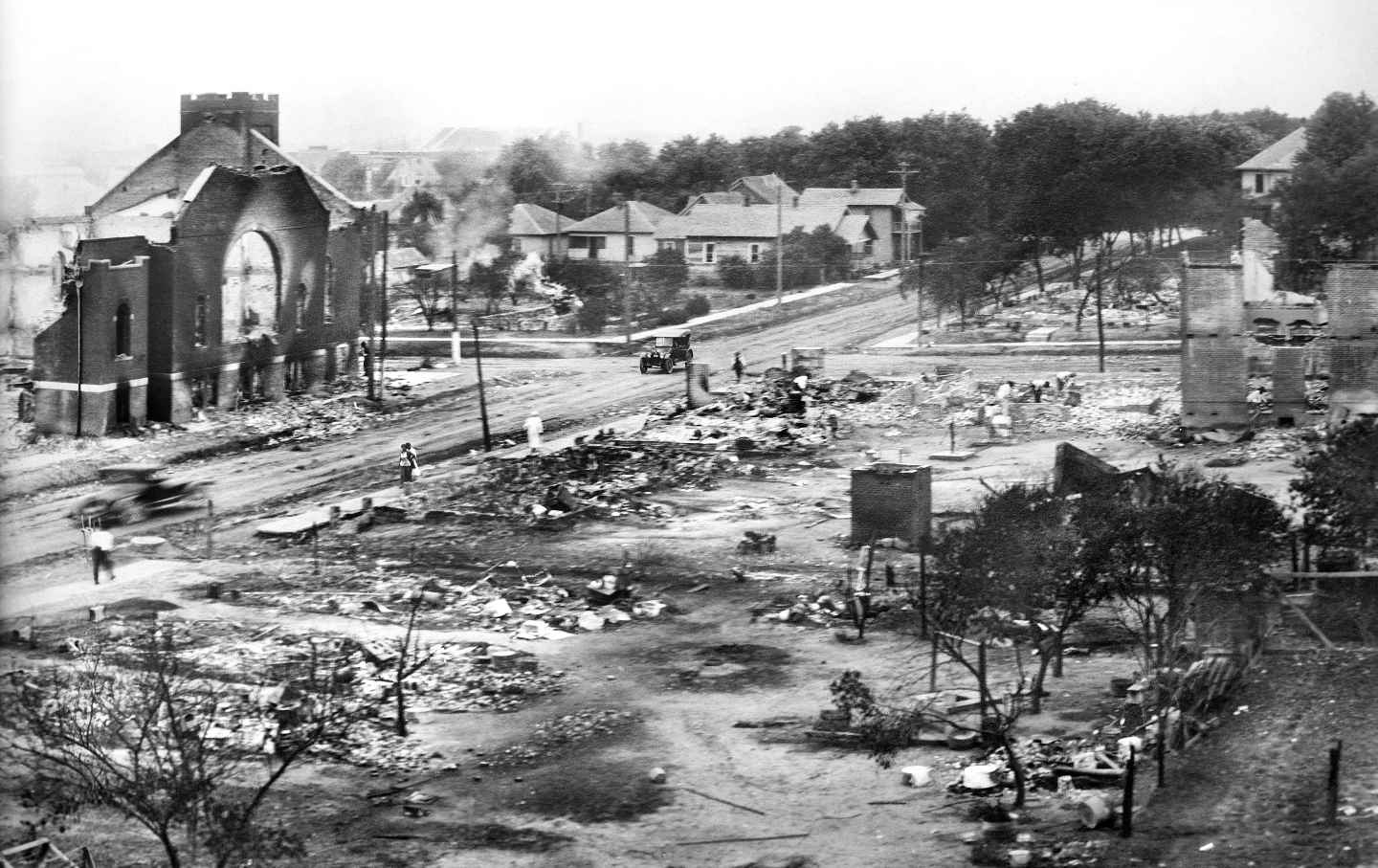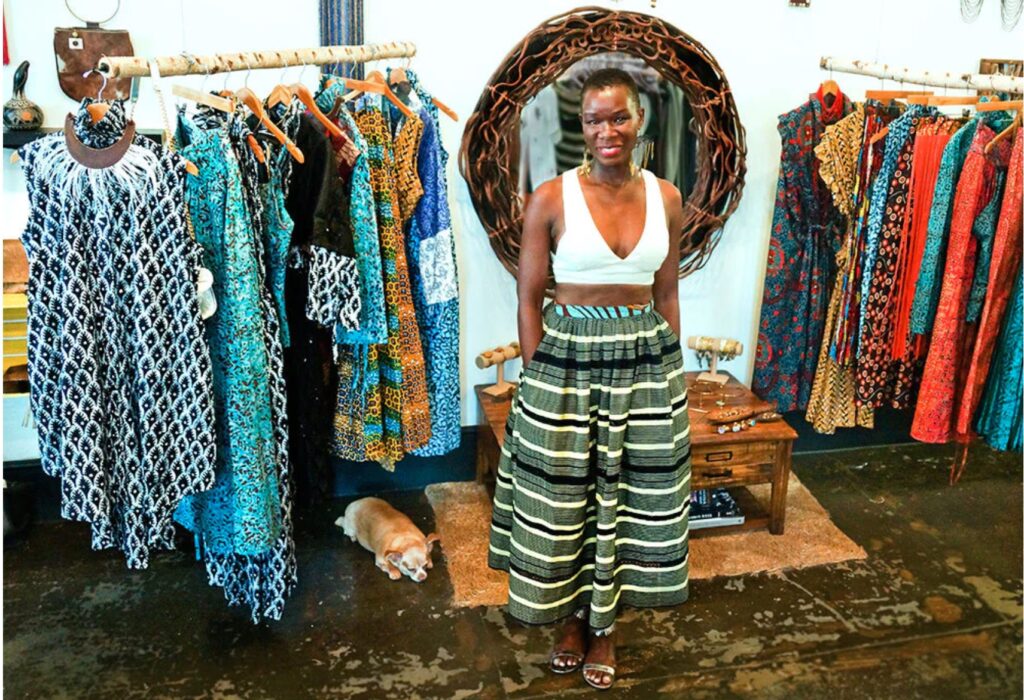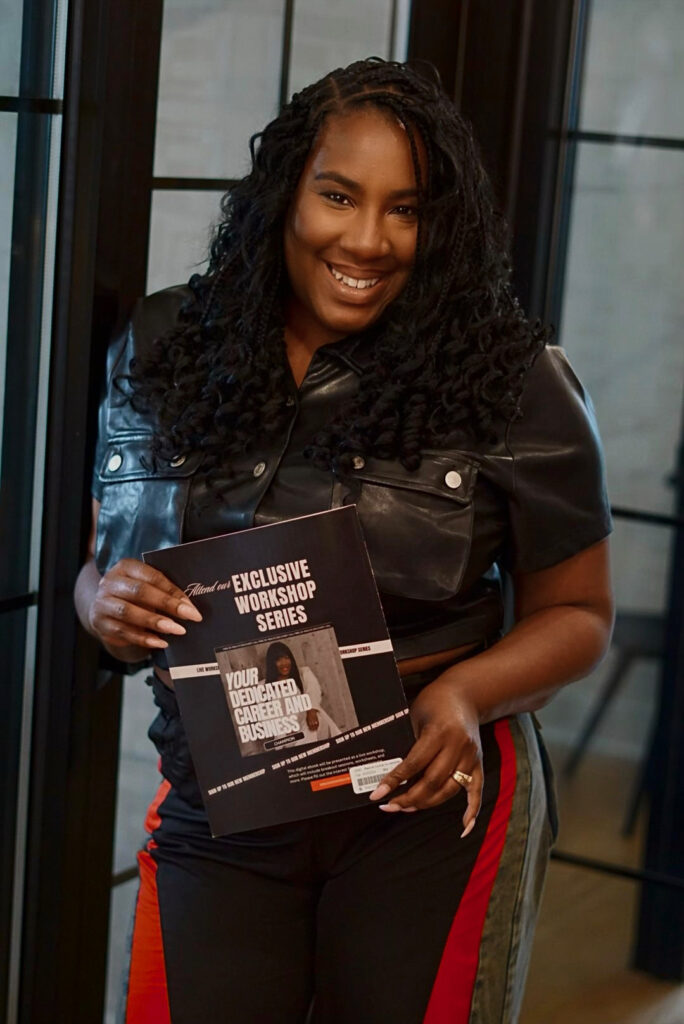In 2021, being Black in America is defined by so many things, people, places, and events in history. Becoming woke to the knowledge that the American history taught in schools with all the dates and names of people who oppressed us and wholly benefited from our labor was a farce.
My limited exposure to Black history during my school tenure came through Eyes on the Prize videos in 9th grade Alabama history and the African American studies course I took in college. Yet, the massacres – Rosewood, Philadelphia, Tulsa – that occurred in the 20th century were still foreign to me.
As the 100th anniversary of the Tulsa Race Massacre commemorated this year, the power that is social media allowed it to become a multi-generational lesson in American history. Influencers, celebrities, and Oklahoma residents created tweets, posts, and memes providing pertinent information about May 31, 1921, in Greenwood District, Tulsa, Oklahoma. As a result, the centennial celebration brought forth unity, created conversations, and protected the legacy started all those years ago.
The 1921 Tulsa Race Massacre Centennial Commission presented the 12th Annual Reconciliation in America National Symposium. Speaking with event organizers, this year’s theme: The Future of Tulsa’ Past: The Centennial of the Tulsa Race Massacre and Beyond, will promote conversations about the following:
- defining what reconciliation looks like in daily experiences,
- what our individual roles are as agents of reconciliation, and
- how to be peacemakers while not allowing ourselves to settle with “keeping the peace” in ways that perpetual unjust systemic wrongs.
The organizers also add that “this event will include networking with colleagues across the nation and engage more deeply with reconciliation work, ask questions of others who are also engaging in similar practices, and develop informed approaches to improve success as a professional and awareness of strategies to facilitate reconciliation within the work environment and community.”
Furthermore, we are encouraged, as Black people, to reconcile and move forward in unity by knowing our history, focusing on the rich inheritance of intellect, ingenuity, and resilience that has come to define our pursuit for excellence in education, arts, science, entertainment, athletics, and multiple cultural areas of significance. From this knowledge, we must commit to supporting each other through collaborative projects, networking, and mentoring our young people – generational sharing of not only wealth but also the wisdom of how we have overcome tragedies and emerged with success.
We join with Anneliese Bruner, a writer, and great-granddaughter of the Tulsa massacre survivor, Mary E. Jones Parish, to spread the brilliance and strength of our race. We are encouraged to heal within ourselves to recognize the collective magnificence within our culture while we support causes that promote black unity, black excellence, and black pride – for our past, present, and future. Reconciliation among black people – and ultimately all people – must confront both the painful and wonderful truths of the past with a clear focus on honoring our ancestors by “lifting others as we rise.”
On the cusp of Juneteenth becoming a national holiday, as a people and as a society, we should feel a renewed sense of Black pride, Black excellence, and unity across the aisle. Nevertheless, we must support, inspire, and educate to perpetuate the mindset of serial entrepreneur Simon Berry, the suave of Dr. A. C. Jackson, or the persistence of E. W. Woods. Greenwood district can and will live again all over America establishing a better definition of Black history and being Black in America.
Learn more by visiting https://www.jhfnationalsymposium.org/
Writer, Valerie Jones, is a blogger, copy editor, and contributing writer. Follow her on Instagram @valtjay_.
Follow Us On Social Media!




